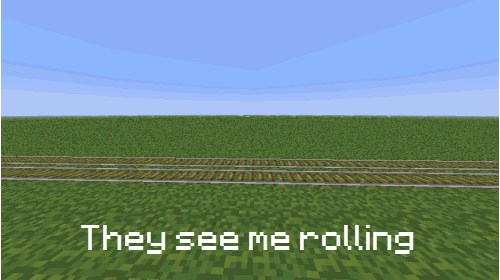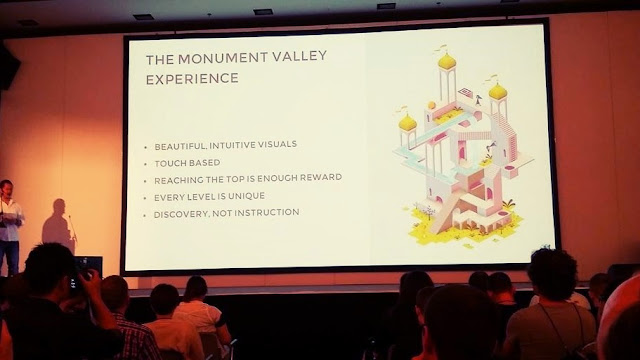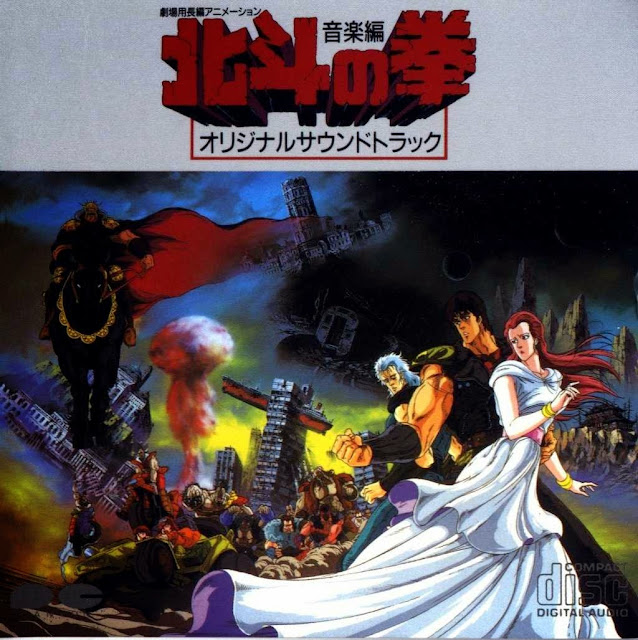A couple future games that look worth the time to dive in and explore.
Volo Airsport by Ramjet Anvil
Just a simulation of that thing where you fly in a wingsuit. To me that’s one of the great thing about computer games, simulating things you can do in real life but are out of reach for various reasons (cost, dangerousness). I can see myself flying from time to time listening to some music. Playing with physics, trying to hack those rules (can I fly closer to the ground?) is a thing I really like.
Miegakure by Marc ten Bosh

A 4D puzzle game made by one dude. I applause his brain, capable of dealing with insane problems for years just so that our brains go “ha ha!” for a couple hours. 4D is a scary concept but I can’t stop wanting to master that extra dimension. For fun.
The Witness by Jonathan Blow
A first person puzzle game. Last time I checked, I was kind of put off by the running and footsteps sounds but I’m really intrigued by the depth. Jon Blow can’t just ship a real time Myst copy, I don’t think it stops there and I want to see the big picture.
Elite: Dangerous by Frontier
Ultimate Space simulation game. I now have tried the Oculus DK2 and with this game I mean, it’s going to be a before/after moment in games. The potential to kill any social life has never been this big. I just wish the spaceship design would allow me to pilot this or that.
No man’s sky in the same category seems so amazing I’m going to wait a little bit before getting excited. Rebel Galaxy from the Torchlight dudes with its sea-like ship gameplay looks really fun and White Space from Curve Studios looks promising but far from finished.
Future Unfolding by Spaces of Play
Intriguing, that 2D Journey like game. Finally some fresh aesthetic and great push on doing something unique.












